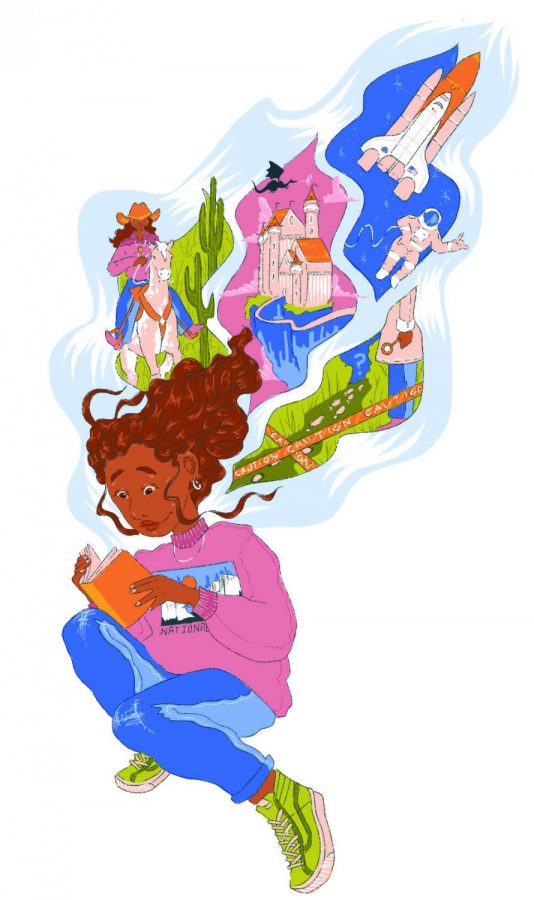Off the Shelf: Dr. Michael Marder
November 7, 2021
Michael Marder, physics professor and executive director of STEM nonprofit UTeach, feels as if every book he reads possesses the ability to change what he will decide to do tomorrow.
An avid reader, Marder said he can’t pick his favorite book of all time. Instead, he chose his favorite book of the last month — Kazuo Ishiguro’s “Klara and the Sun,” a science fiction novel that explores both the challenges of growing up and what it means to be human.
DT: What made you pick up the book for the first time?
Michael Marder: I’ve read everything this author has written. … I’ve never been disappointed (by him), although no two books are quite the same. He has a remarkable ability to step outside of the way you think society has to work and create situations that make you wonder about things you think are inevitable.
DT: What is the book about?
MM: It’s a first-person narrative and it’s narrated by a robot. It’s in the realm of science fiction, but the interest is in the personality, behavior and motivations of this being which is portrayed in such a way that it’s impossible to think of it as anything other than a character in the novel on par with any human character one would ever encounter. … Like so many of (Ishiguro’s) other novels, it puts you in an ethical dilemma that becomes increasingly complicated and gives you ways to wonder about how you would react or could react if you were in a similar bind.
DT: Is there a specific line or part that stands out to you?
MM: Klara’s vocabulary is really not very rich, and she’s trying to describe things that she sees, using the words that she has. … “The Fire Escapes Building next to it had a large wet patch down the left side of its front, as though some juice had leaked from a corner of the roof.” Something about that struck me. I’m not sure who thinks of comparing anything on the building to juice having leaked from the roof. It’s childish and too sophisticated and just slightly strange all at the same time.
DT: Do you identify with Klara?
MM: I’m not sure I would say I identify with Klara. However, as an educator, I wonder a lot about what young people are going through as they grow up. One of the main subjects of the book is how young people make the transition from childhood to adulthood and all the efforts that parents make to try to get them along the way.
DT: Why should students read this book?
MM: I’m around young people every day. They’re in my classes and dealing with a lot of types of issues that might show up here for the first time. I think one of the things that fiction can do is to take you out of your circumstance, make you see things about yourself a little bit from the outside and reflect on them in this space that’s a little safer because of course none of it is real. … (You) try to think things through in that context. And then, having done that, you drop back into your life, maybe a little bit has changed.












